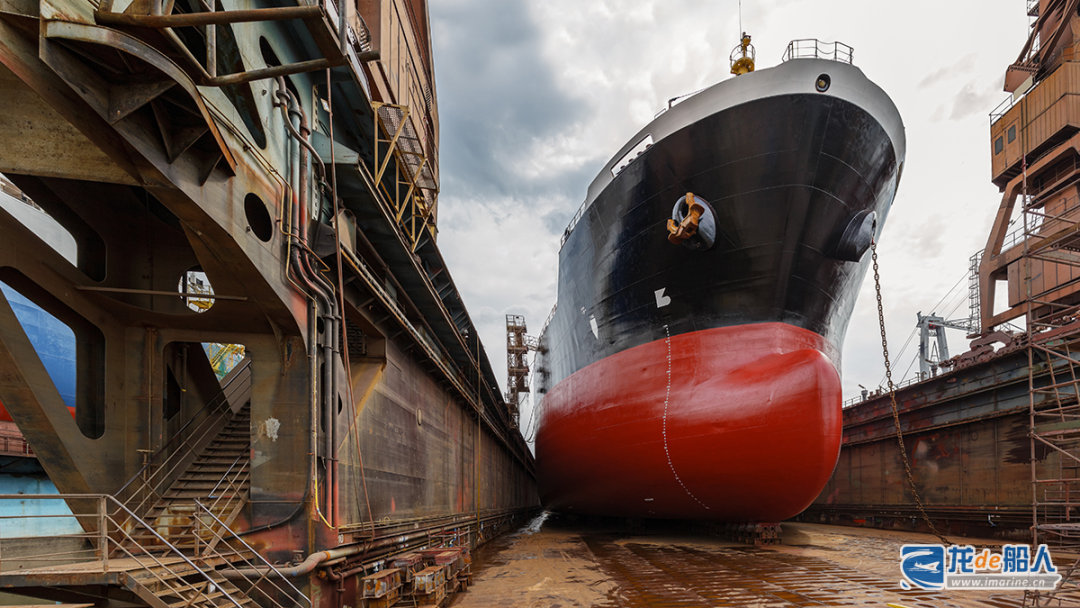China has decided to impose export controls on rare earth elements after the U.S. frantically imposed tariffs. And recently, some industry analysts have said that rare earth export controls may lead to delays in ship deliveries.

Amid escalating trade tensions between China and the U.S., China announced export restrictions on seven key rare earth elements (including dysprosium, terbium, samarium and gadolinium) on April 4, 2025. According to Reuters, exporters of these key rare earth elements must obtain a license from the Chinese Ministry of Commerce before exporting goods, and the approval process can take anywhere from six weeks to several months.
According to Greek media reports, Chara Georgousi, an executive at Greek shipbroker Allied Shipbroking, emphasized the potential impact of the move via social media: “China has an overwhelming advantage in rare earth production (accounting for about 90% of the global supply)” and warned that “the restrictions have caused concerns in several advanced manufacturing sectors, including shipbuilding.”
Citing the views of the Korean shipbuilding industry, Chara Georgousi pointed out that rare earth materials are essential to key ship systems such as electric propulsion systems, emission control equipment and advanced electronic equipment. She said: “The delayed procurement of related parts has hindered the delivery progress of equipment suppliers to shipyards, which will not only affect the progress of ship outfitting, but may also lead to delayed delivery.”
Chara Georgousi further pointed out that the shipyard is re-evaluating the delivery schedule, especially for high-value-added ships scheduled to be delivered at the end of 2025 or early 2026. It is reported that some shipyards have begun to negotiate with shipowners on delayed delivery penalties, compensation plans and revised delivery terms.
Market sources have confirmed that senior shipowner executives overseeing newbuilding projects at major South Korean yards have been formally notified of these developments: a number of projects may be at risk of being delayed. Executives from one of South Korea’s largest shipbuilding groups told Greek media outlet Riviera that although the company has been closely monitoring the matter, it could not disclose specific details about the impact on its ongoing projects.
Rare earth elements play a key role in many technological fields: including rechargeable batteries for electric and hybrid vehicles, wind turbines, advanced ceramics, displays, lighting, optical fiber, superconductors, glass polishing. Some of these elements are essential for electric vehicle motors and military-grade equipment.
The Center for Strategic and International Studies (CSIS) pointed out in its latest report that China’s export restrictions on seven key rare earth elements have made the U.S. particularly vulnerable to supply chain disruptions. The British Broadcasting Corporation (BBC) cited data from the United States Geological Survey (USGS) to disclose that between 2020 and 2023, 70% of the U.S.’ imports of rare earth compounds and metals relies on China, highlighting its high dependence on China’s rare earth supply chain.


